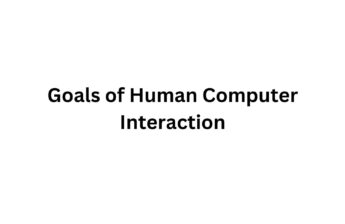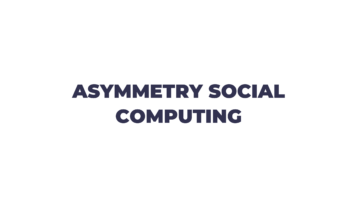Contents
Social Media Platforms
The most well-known and widely used computer applications in the field of social computing is the rise of platforms for social networking. Apps and websites like Facebook, Twitter, Instagram and LinkedIn have revolutionized the way people and companies connect, share information, and create communities online. Computers let users create profiles and share content, participate in conversations, and interact with other users from around the world, creating the creation of a global society.
Online Collaboration
Computers have revolutionized the way that people work and collaborate. Tools like Google Workspace, Microsoft Teams and Slack enable teams and individuals to communicate with each other, share documents as well as collaborate with projects real time regardless of geographical location. This has changed the notion of remote working and made collaboration across the globe more accessible and efficient.
Recommender Systems
Recommender systems, powered with sophisticated algorithms, form an integral component in social computing. These systems, commonly found on online stores such as Amazon or streaming sites such as Netflix are able to analyze user behavior and preferences in order to give specific recommendations. Computers are vital in processing large amounts of data, and also delivering specific content to customers improving their online experience.

Social Networking Analysis
Computers play a crucial function in analysing social networks and analyzing patterns of interactions. Businesses and researchers use tools for analysis of social networks to discover insights about social interactions, information dissemination and influence within networks. This helps to design specific marketing campaigns, researching the social effects, as well as enhancing the engagement of communities.
Online Gaming and Virtual Worlds
The gaming industry has experienced major changes with the aid of computers. Online multiplayer games and virtual worlds such as World of Warcraft and Second Life are bringing new opportunities to social interactions. Gamers can interact with other players online, work together in virtual environments and form online communities that are powered by computers.
Crowdsourcing and Citizen Science
Crowdsourcing platforms such as Amazon Mechanical Turk and citizen science projects make use of computers to tap into the collective wisdom of the masses. The volunteers can be involved in tasks such as data labeling and scientific research, thereby making a significant contribution to different fields and meeting with other people who have the same passions.
Social Impact and Activism
Computers have amplify the impact of activism on social issues and humanitarian initiatives. Campaigns on social media, petitions on the internet and crowdfunding platforms help people and organizations to increase awareness, garner supporters, and create changes in society. Computers allow for the rapid disseminating of information, and enable individuals to take part in advocacy and activism at a global level.
Health and Well-being
In the field of health computers have facilitated the creation of social computing apps which help improve health and well-being. Telemedicine, health tracking applications as well as online support communities allow patients to connect with their healthcare providers and other patients creating a sense of community and increasing accessibility to healthcare.
Conclusion
Computers’ applications for social computing is numerous and continuously changing. From how we interact to our social networks with our friends to the way we interact with colleagues around the world computers have fundamentally changed our interactions and communications. As technology advances we can anticipate new and innovative applications that improve our social interactions and interactions in a digital world.






